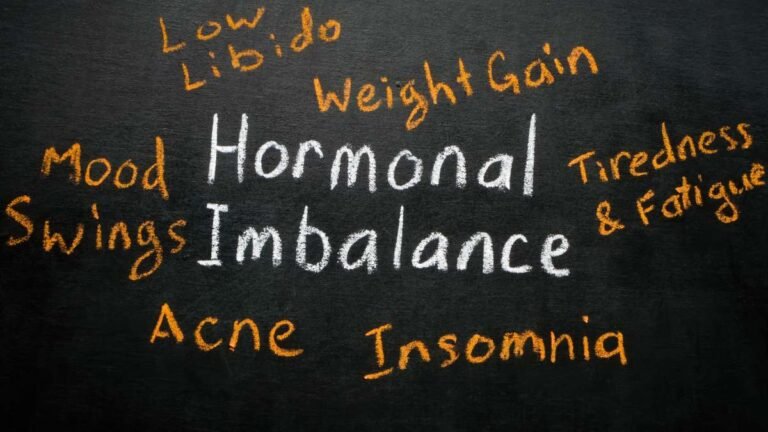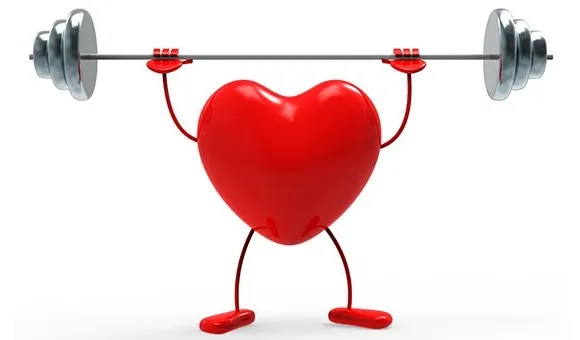Reverse Type 2 diabetes Naturally – Latest Research Causes
Freedom from Diabetes – Latest Studies, Causes, and Proven Control Strategies
Diabetes has become a global epidemic, affecting over 500 million adults worldwide. While it is a chronic condition, recent studies show that with the right lifestyle changes and interventions, many people can not only manage but also reverse Type 2 diabetes. This article explores the latest findings, root causes, and effective methods to gain freedom from diabetes.
Understanding Diabetes
What Is Diabetes?
Diabetes mellitus is a chronic metabolic disorder that affects how your body processes blood sugar (glucose). Normally, the hormone insulin, produced by the pancreas, helps move glucose from your bloodstream into your cells to be used for energy.
In people with diabetes, this process is disrupted. Either the body doesn’t produce enough insulin (as in Type 1 diabetes) or it can’t use insulin effectively (as in Type 2 diabetes), leading to elevated blood sugar levels over time.
If left unmanaged, high blood sugar can damage vital organs, including the heart, kidneys, eyes, and nerves.
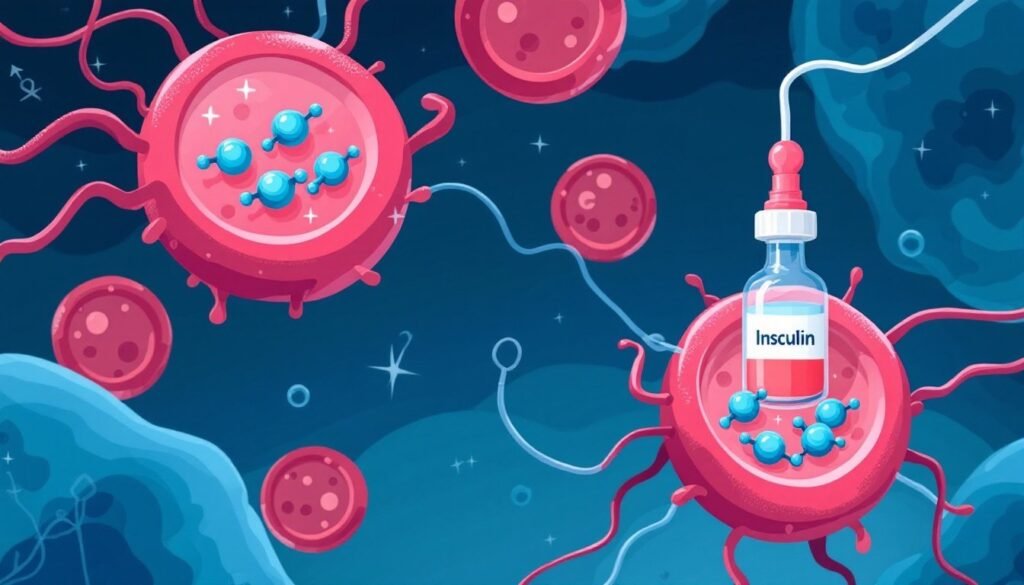
Types of Diabetes
- Type 1 Diabetes: Autoimmune condition where the body attacks insulin producing cells. Usually diagnosed in children or young adults.
- Type 2 Diabetes: Often lifestyle related and develops over time. Characterized by insulin resistance.
- Gestational Diabetes: Occurs during pregnancy and may increase the risk of Type 2 diabetes later.

Latest Research and Studies (2024–2025)
1. Lifestyle Interventions Can Reverse Type 2 Diabetes
A 2024 UK based study published in The Lancet showed that up to 46% of patients with Type 2 diabetes reversed their condition with a structured low calorie diet and exercise.
2. Intermittent Fasting Reduces Insulin Resistance
New research from the University of California found that intermittent fasting can reduce insulin resistance and improve glucose control in prediabetics and those with Type 2.
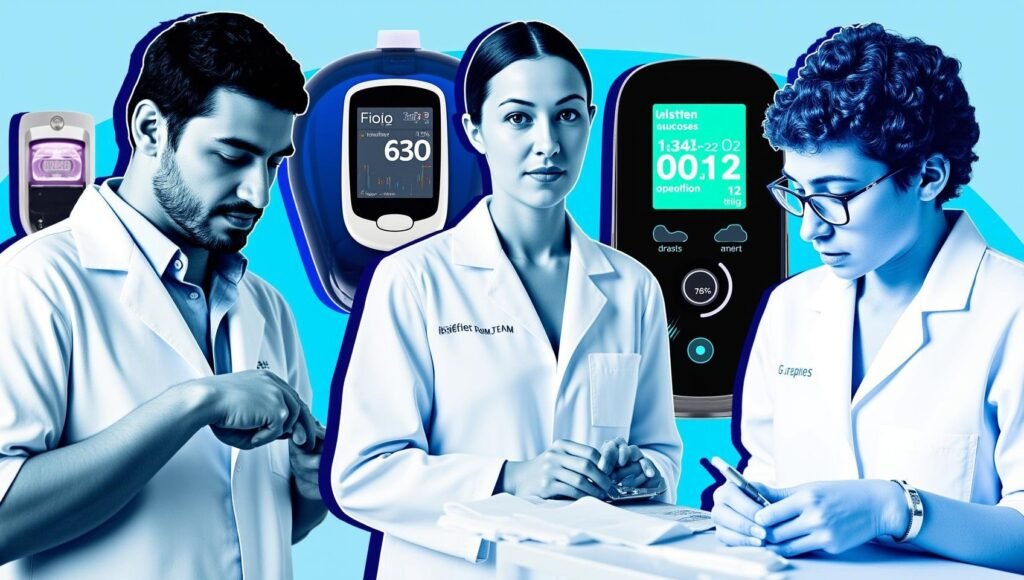
3. Gut Microbiome and Diabetes Connection
Scientists are exploring how gut bacteria influence insulin sensitivity. A Harvard study in 2025 suggests probiotic rich diets may play a role in improving metabolic health.
4. Tech Driven Monitoring
Devices like continuous glucose monitors (CGMs) and AI based insulin delivery systems are revolutionizing diabetes management and enabling proactive control.
Main Causes of Diabetes
1. Poor Diet and High Sugar Intake
Diets high in refined carbs, sugary drinks, and processed foods overload the pancreas and reduce insulin sensitivity.
2. Lack of Physical Activity
Sedentary lifestyles contribute to obesity and insulin resistance.
3. Obesity and Visceral Fat
Excess fat around the abdomen releases hormones that impair insulin function.
4. Chronic Stress and Poor Sleep
Stress hormones like cortisol affect glucose metabolism. Poor sleep increases hunger and insulin resistance.
5. Genetics and Family History
While genes play a role, lifestyle largely determines if those genes get activated.

How to Prevent or Reverse Diabetes
1. Adopt a Low Glycemic Diet
Focus on foods that don’t spike blood sugar:
- Leafy greens
- Whole grains
- Lentils
- Nuts and seeds
- Berries
2. Exercise Regularly
- Aim for at least 30 minutes of moderate activity (walking, swimming, cycling) 5 times a week
- Include resistance training to build muscle and burn glucose more efficiently
3. Try Intermittent Fasting (IF)
- Methods like 16:8 or 5:2 have been shown to improve insulin sensitivity
- Always consult your doctor before beginning IF, especially if you’re on medication
4. Manage Stress and Improve Sleep
- Practice meditation or yoga
- Aim for 7–8 hours of quality sleep
- Avoid screens 1 hour before bedtime
5. Track Progress and Use Technology
- Use CGMs to monitor blood sugar trends
- Try diabetes management apps to log meals, workouts, and insulin doses
Common Myths About Diabetes
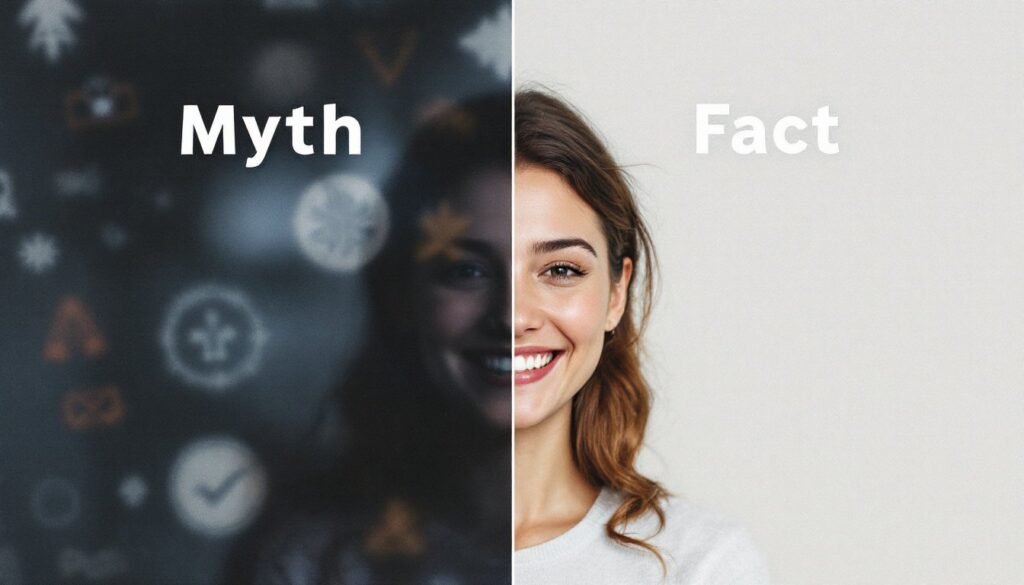
Myth: Diabetes is irreversible
Fact: Studies prove that Type 2 diabetes can be reversed in many cases with sustained lifestyle changes.
Myth: Sugar is the only cause
Fact: While excess sugar contributes, lack of physical activity, sleep, and high stress are equally harmful.
Myth: Insulin is the only solution
Fact: Medication helps manage, but lifestyle is the long term solution.
Final Thoughts
Diabetes doesn’t have to be a lifelong sentence. With the right information, support, and daily commitment to health, you can reclaim control even you can reverse type 2 diabetes. The road to freedom from diabetes begins with one step start today.
Further Reading
- Harvard Health on Diabetes Prevention
- CDC – National Diabetes Statistics Report
- WHO – Diabetes Fact Sheet
- Checkout Health Category for more information.

FAQs
Yes. Many recent studies, including one published in The Lancet, have shown that Type 2 diabetes can be reversed through dietary changes, weight loss, and increased physical activity.
Engaging in physical activity, drinking water, eating fiber rich foods, and avoiding sugar laden snacks can help lower blood sugar quickly.
It can be, but it’s essential to consult a healthcare provider first. Some studies show fasting improves insulin sensitivity and glucose control, especially in Type 2 diabetics.
Low glycemic foods like leafy greens, berries, legumes, and nuts are ideal. Avoid refined carbs and processed sugar.
Yes. Chronic stress and poor sleep disrupt hormone levels, which can impair insulin function and increase blood glucose levels.




